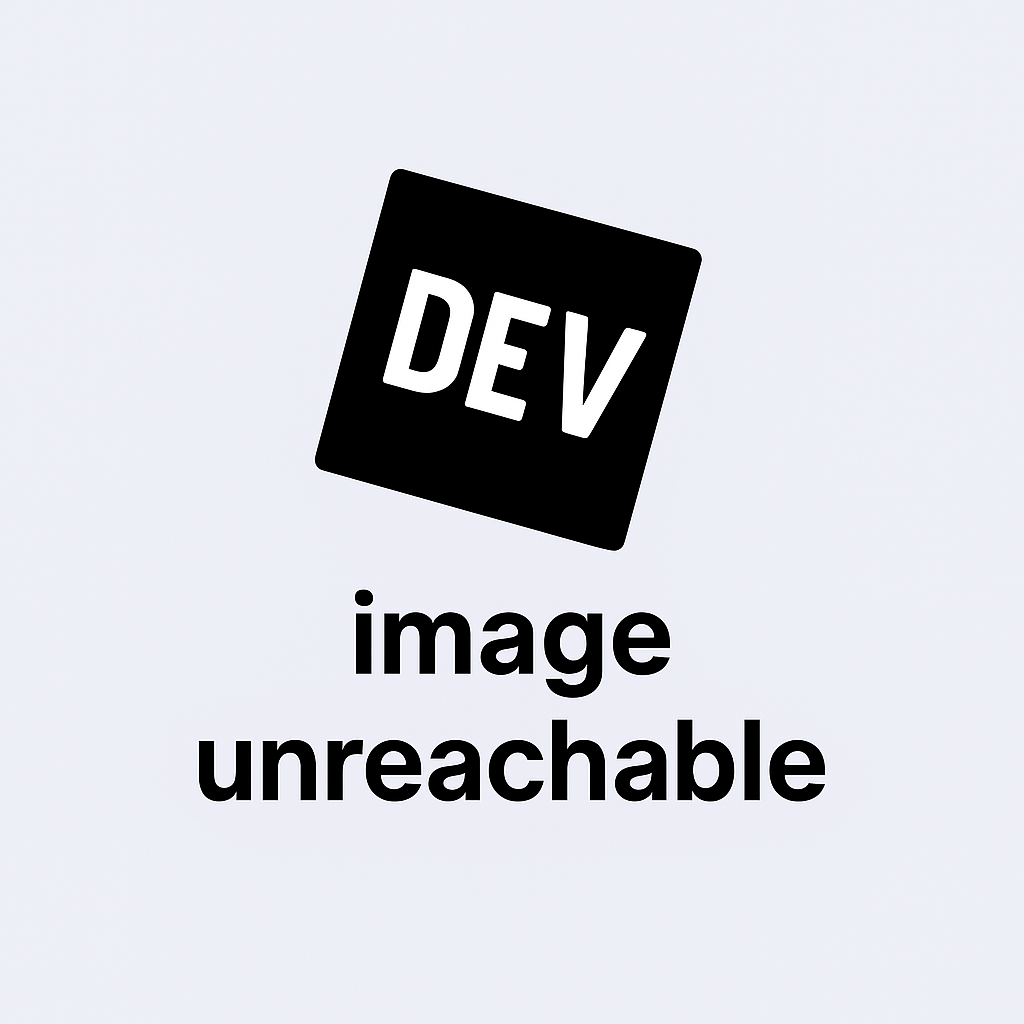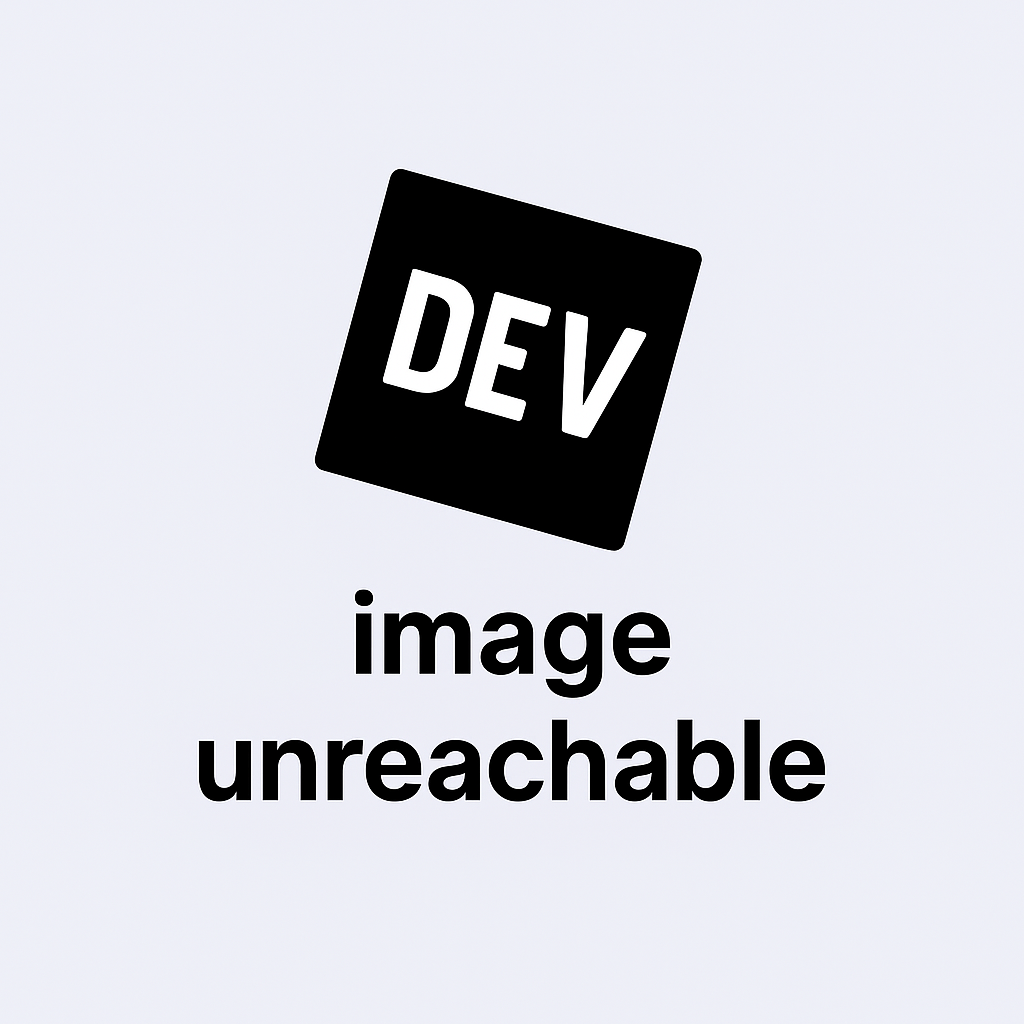I love Python. Still do. It’s elegant, clean, readable. It makes you feel like a wizard typing spells instead of code.
But if I’m being honest? Learning Python as my first language spoiled me—and not in a good way.
It’s like learning to drive with a Tesla and then realizing the rest of the world is still using stick shifts. Python made me fall in love with programming—but it also made me a bit soft when it came to understanding how things really work.
The Magic Makes You Lazy
Python’s beauty is in its simplicity.
- No need to define types.
- No need to worry about memory.
- No curly braces, no semicolons.
- You can write entire scripts in just a few lines.
But here’s the thing: when everything is so smooth and forgiving, you don’t develop the same level of discipline you would with something like Java or C++.
You don’t get hit with errors about memory leaks. You’re not forced to understand type systems deeply. You’re not sweating over pointers or trying to wrap your head around manual memory management.
In Python, stuff “just works.” Until one day, it doesn’t—and you realize you’ve been floating on a cloud instead of learning how to build a bridge.
Abstracted From the Machine
I remember the first time I tried to debug a performance issue in Python. I thought I was going crazy.
Why was my perfectly readable code so damn slow?
Because I didn’t understand what was happening under the hood.
Python is high-level—like, really high-level. Which is great for productivity but terrible for learning what your code is actually doing at the system level.
When I eventually picked up C++, it hit me like a truck. Suddenly I had to think about memory, compilation, the call stack, references vs. copies. All the stuff I’d skipped by starting with Python.
It Warped My View of “Hard”
I used to scoff at Java devs and C programmers. Look at all that boilerplate! Look at how much code they need just to print something to the screen!
But when I actually had to work on a team writing Java for a production backend, I realized that “boilerplate” came with guardrails, with structure, with explicitness. And those things matter—especially when you’re building software that needs to last more than a weekend.
Python taught me speed. But it didn’t teach me structure. I had to unlearn bad habits, like skipping tests, avoiding types, and over-relying on dynamic behavior that made things harder to debug later.
But Let’s Be Real—Python Is Still Amazing
Okay, rant over. Let me balance things out a bit.
Python might’ve spoiled me, but it also made me fall in love with programming.
It gave me instant gratification. It let me automate boring stuff. It opened the door to data science, machine learning, web dev, scripting, and more.
And when I mentor beginners today, I still recommend Python—but with a warning:
“This language will make things feel easy. But don’t let that stop you from digging deeper.”
What I’d Do Differently
If I could go back, I’d still learn Python—but I’d pair it with something lower-level. Maybe write a simple CLI in C. Or build a class-based app in Java. Something that forces you to sweat a little.
Because you can’t build muscle if the weights are always feather-light.
Python is great. But it’s not the whole story.
So no, I don’t hate Python. I just wish someone had told me,
“This is the training wheels version. Don’t stop here.”
If you’re new to programming, learn Python. But don’t only learn Python.
Challenge yourself. Get closer to the metal. Break things. Rebuild them.
Because real growth happens when you step outside the comfort of clean syntax.
What about you? Did Python spoil you too, or do you think it’s the best way to start? I’d appreciate your opinion.
“Thanks for reading!”







Top comments (4)
Every programming language has its own importance in the tech industry. Comparing programming languages is beneficial because it helps us understand what to use and where to use it.
In my early days, I learned Java, and recently, I tried learning Python. However, I don’t feel like I’m truly "doing" something—everything seems too simple. Coming from Java, it’s difficult for me to adjust to such simplicity, and I feel the same about JavaScript.
That said, Python hasn’t "spoiled" me yet. But I completely agree that Python is great for college students, especially those who struggle with time management.🌟
Thanks for writing about your experience with Python and other languages.👏
Totally true. I started with Python when I was younger, but my first "real" language was C. It really helped me grasp programming as a whole. Python definitely isn't bad though. My dad's taken a few classes for it for some work-related stuff, and while he probably doesn't know what memory allocation or strongly typed languages are, Python allows him to get a lot more done in a shorter amount of time. It's just about using the right tool for the right job!
Yeah, of course, I don't think there are bad programming languages, rather, there are different programming languages for different uses. Thanks for share your ideas, and thanks for reading ✨.
This is so true 💡I started learning programming with c, honestly it is best as first language. It is low level so that really allows to learn Core concepts.
It could still be a challenge in the start, but ultimately in the long run switching to high level languages after low level language feels like piece of cake 🎂
However for kids like high schoolers or anyone with lesser time or someone who does not want complexity python is still a solid choice. Learn with python then move to c to solidify your understanding. This will feel more difficult compared to the first approach, but atleast it will give you some understanding before diving in c or c++ which are relatively complex.
This was a nice read 📚 Keep it up ✨️